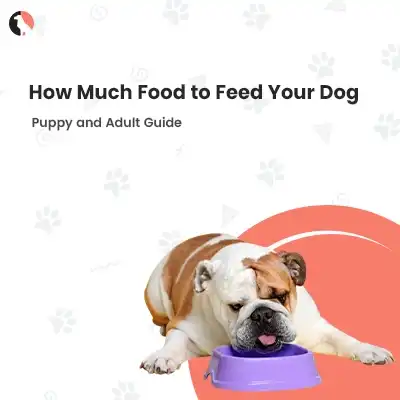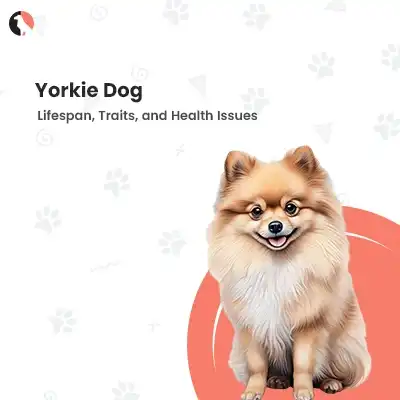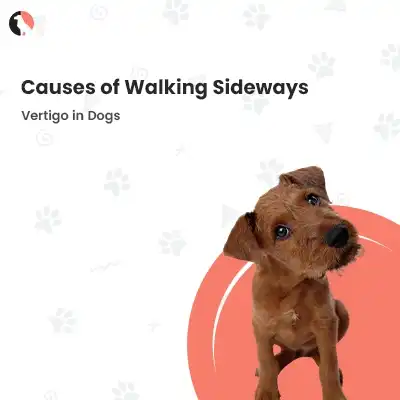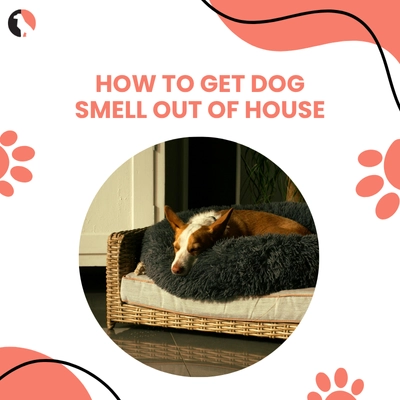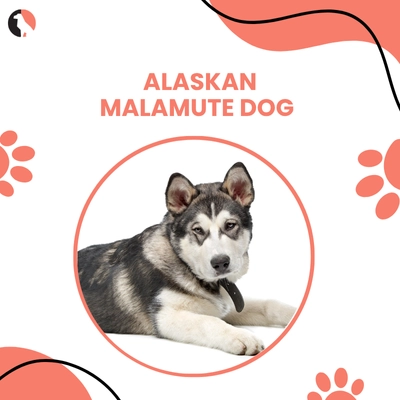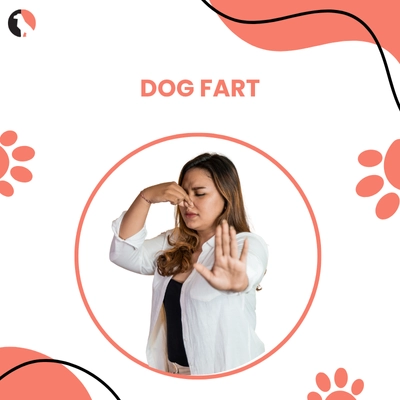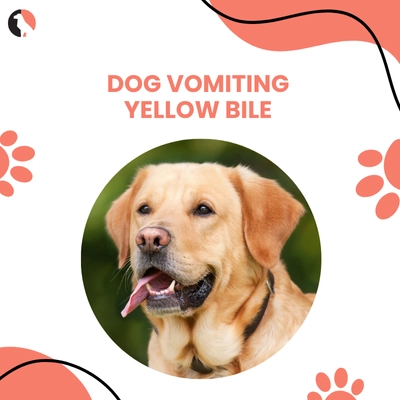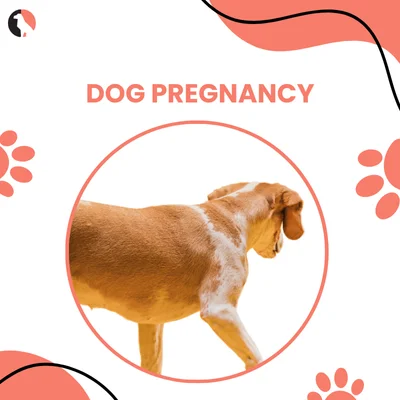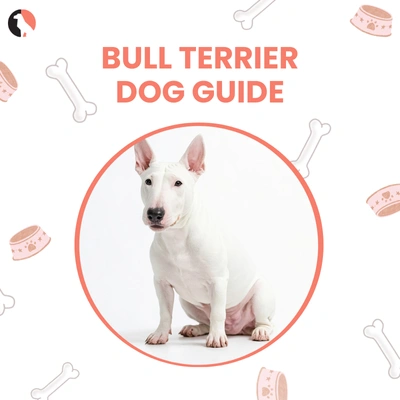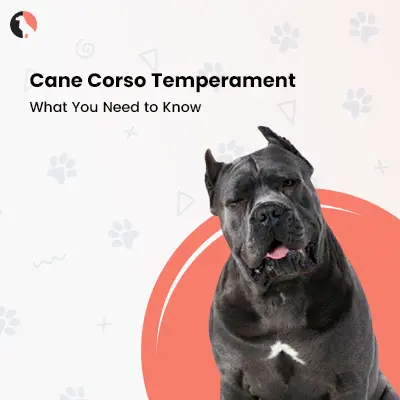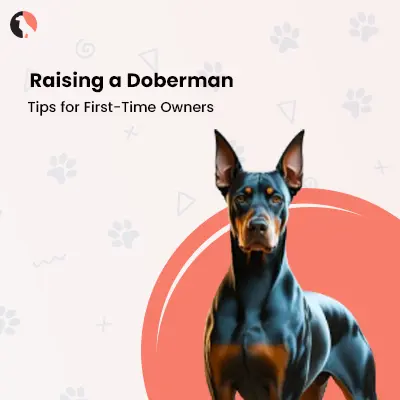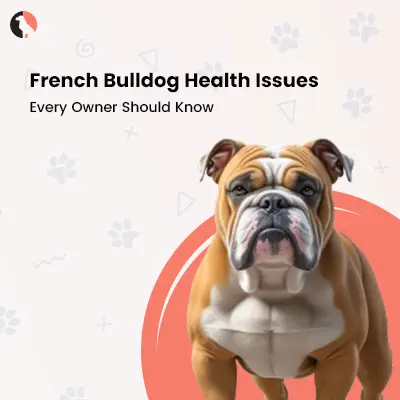Is your dog gagging and coughing? It may be frightening, but there is nothing to fear, as the number of reasons why it may be happening is numerous, and not all of them are critical. At times, it may be just that tickle in the throat or a state of excitement, or it may be even an allergic condition at the palest. On other occasions, it could be an indication that your dog requires some special attention.

In this blog, we will assist you in learning about how coughing and gagging in dogs are caused, how to determine which of them occurs, and when a veterinarian visit is necessary. We shall also offer some easy-to-make home remedies to be used to calm your dog, as well as address the frequently asked dog research questions asked by dog owners.
Wondering what your dog is coughing about? Now, what can we learn about this cough, and what can you do to make your dog feel good in not too long a time.
Why Is My Dog Coughing and Gagging?
Dogs cough and gag for various reasons, some simple, some more severe. Common causes include an object in the throat, such as a piece of food or a small toy. Dogs can also gag or cough when excited or when they have been barking a lot.
Others are:
- Contagious doggy cold AKA Kennel cough
- Allergies- dust, smoke or pollen may irritate their throat
- Infections (of the lungs or the throat, etc.)
- Collapsing trachea, which is common in small breeds
- Heart disease could lead to coughing as one of the symptoms
When your dog still coughs and yet when it gags, nothing is brought out, there is a possibility that the throat is irritated or has mucus in it. Once it takes longer than a day, in case your dog appears to be worn out, has difficulties with breathing, or refuses to eat, you should contact your vet immediately.
How to help a choking dog
Even in the case of your dog choking or gagging, you are not supposed to enter into a panic mode and be a hurry up type. It begins with the inspection of what that may be found in the mouth by examining whether something has been stuck in the mouth or not such as a bone or a toy. Anything you can see and which is safe to take out, pull it out. Hold not deep–lest thou move it farther.
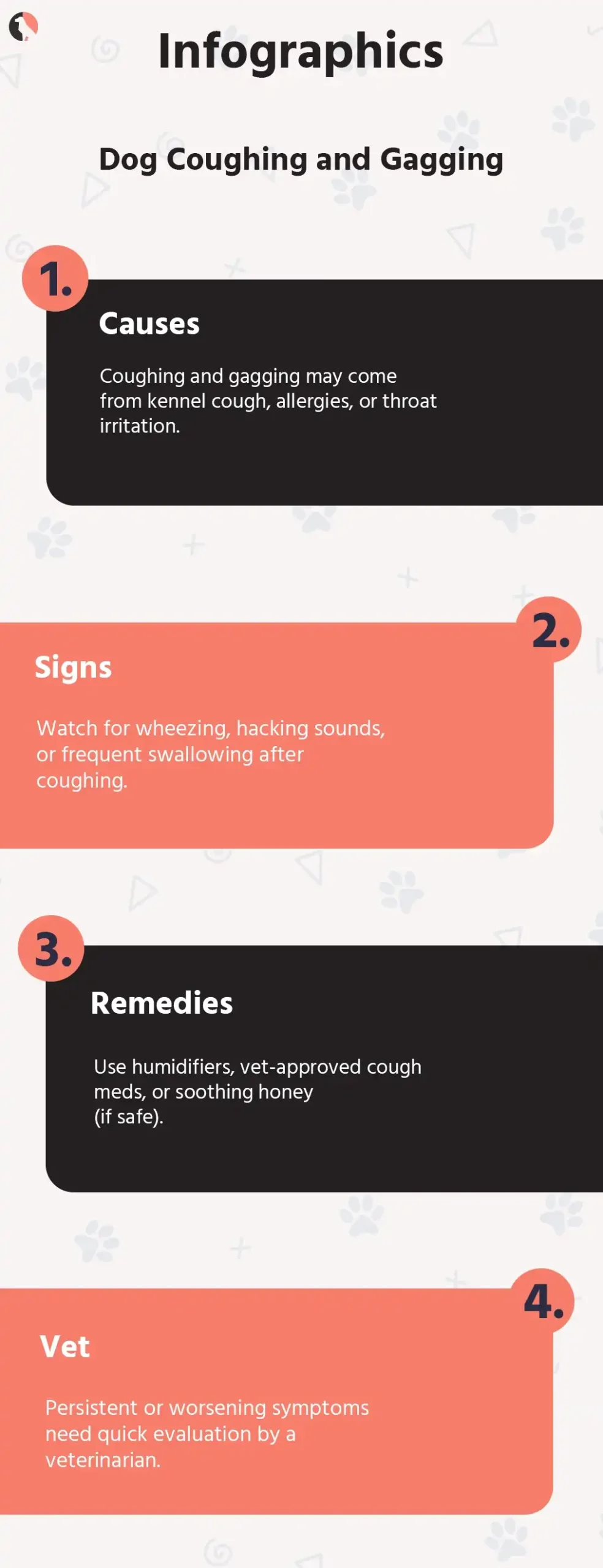
In case you cannot see the item or your dog continues to choke, some of the remedies are:
In the case of small dogs: Cradle them between your chest and your back. Apply 5 quick blasts to their ribs under (similar to a dog-shaped Heimlich manoeuvre).
In large dogs: Position yourself behind the dog and then put your arms around the belly. Apply a pressure of 5 distinct pushes with both hands by pushing at the back of the ribs.
Then, make sure to visit the vet immediately, even when your dog appears to be okay. They might be required to have a check-up to ensure that the throat is fine.
When To See a Vet for Dog Coughing
In other cases, a dog cough does not need any concern-similar to when there is a tickly throat in your throat. However, when your dog continues to gag and cough or when he or she is sounding wet, loud, or in pain, then you need to summon the vet.
See the vet when your dog:
- More than a few days of cough
- Breath’s difficulty or wheezes
- Mucus or bloody coughing
- They put on gags or are/unable to eat normally
- Is dull or feeble, or has feverish looks
These symptoms might show infection, allergies, an inverted trachea and also even cardio-vascular problems in your dog.
A veterinarian can do tests to determine the cause and administer medication to assist.
In a case of doubt, be conservative. Half an hour of your time can change a lot of things in the health and well-being of your pet.
Common Causes of Coughing and Gagging in Dogs
A dog can start coughing and gagging due to a wide array of reasons. Some of them are not serious, and some should be addressed by a vet. The most frequent reasons are the following:
- Kennel Cough
A very high communicable condition particularly in the dog-infested vicinities like dog parks or dog kennels. It sounds like hacking cough.
- Allergies
Dogs are just like humans in the way they respond to allergies such as dust, pollen, smoke or strong smells. This may lead to cough, sneeze and also itchy skin.
- Throat Irritation
Having to hard-pull the dog on the leash or eating a scratchy thing can make their throats itchy and cause coughing or gagging.
- Heart Disease
There is also a possibility of some cases of heart problems that result in coughing as a result of fluids in the lungs. This is more frequent in aged dogs.
- Collapsed Trachea
Such breeds as Yorkies are susceptible to this condition. It results in a honking cough, particularly when triggered by excitement or in case of pull on the leash.
- Parasites
Coughing and breathing difficulties may be caused by worms, such as heartworms or lungworms.
- Choking
Your dog may be choking in case he is gagging and seems to be in panic. It is an emergency, you should contact your vet immediately.
Home Remedies for Mild Dog Coughing
When you do not observe any signs of significant coughing and gagging in your dog and they continue eating, drinking and playing, you are allowed to use several easy home remedies:
- Get a Humidifier
Dry air will increase the cough. Add some humidifier near the dog bed so the dog can get more moist air and this will avoid the throat irritation of the dog.
- Served Warm Fluids
This can be treated by warming up chicken broth with a low amount of salt in it as it can accelerate the sore throat. Then ensure that it does not have onions, garlic and spices.
- honey (dogs over 1year)
Simply 1 spoonful of plain honey can soothe the throat of your dog and make him less prone to coughing. Puppies that are below 1 year should not be given this.
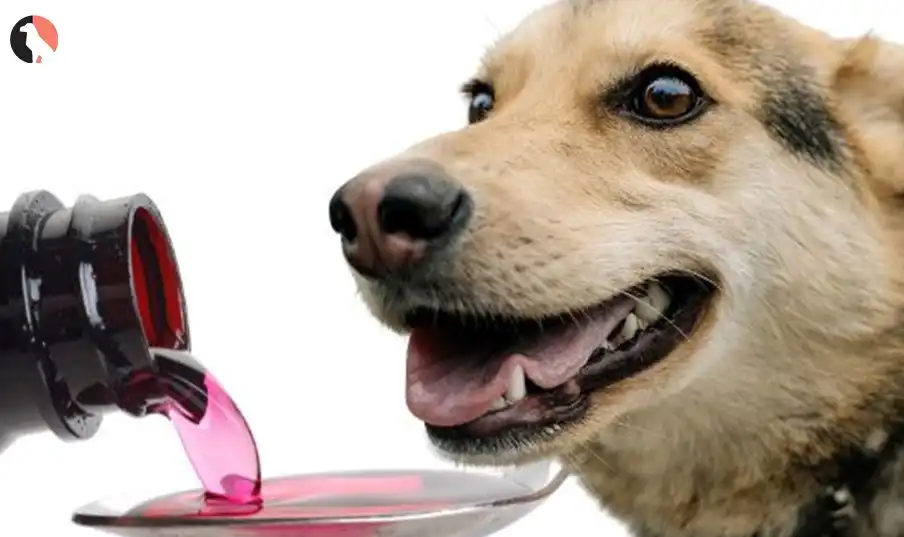
- Maintain the clean air
Your dog is coughing; you must avoid smoking, burning a candle, and spraying strong smells around your dog since this can worsen the cough.
- Rest and comfort
Keep your pet dog relaxed and rested. Do not play very actively until the coughing is better.
Mild cases can make use of the assistance of these home remedies. However, when your pet dog is coughing more seriously or you find that the cough that it has does not stop after a couple of days, or more than two other complications to the cough, such as fever or shortness of breath you can visit your vet.
For more pet care tips, visit our site ibelu



